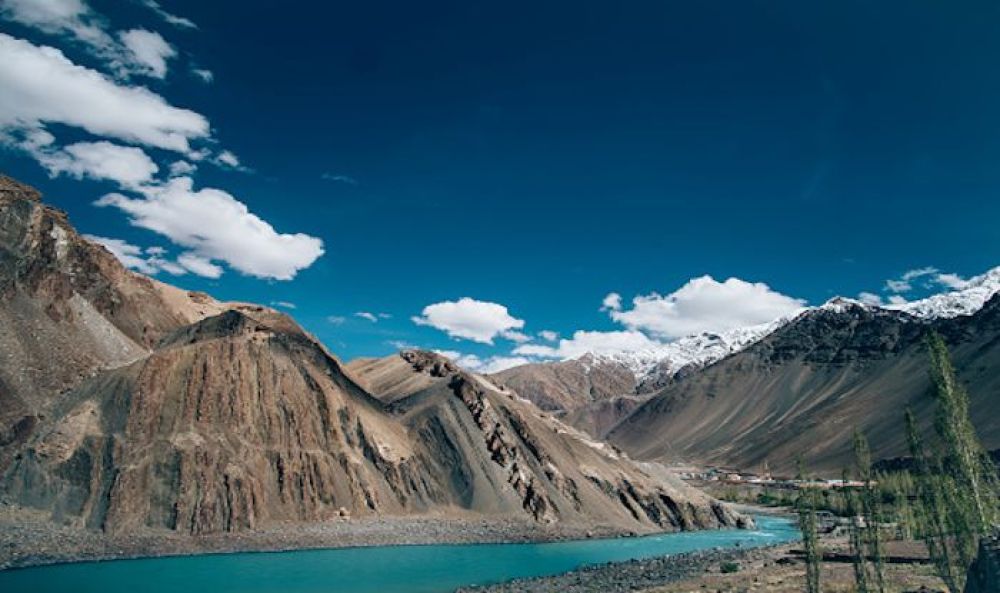

Alchi, a small village in the Leh district of Ladakh, is home to one of the oldest monasteries in Ladakh, known as the Alchi Monastery or Alchi Gompa. The history of tourism in Alchi is closely linked with the history of this monastery, which dates back to the 10th century. Founded by the great translator Guru Rinchen Zangpo, the monastery is renowned for its stunning frescoes and exquisite wood carvings that attract scholars, art lovers, and spiritual seekers from around the world.
The monastery complex was under the radar of mainstream tourism for much of its history, mostly visited by those on spiritual pilgrimages and by historians. However, the latter part of the 20th century saw a slow growth in the number of visitors to Alchi as the region opened up for tourism and as the world began to recognize the heritage and beauty of Ladakh's Buddhist monuments.
In recent years, Alchi has emerged as a must-visit destination for those exploring Ladakh. This growth can be attributed to the region's improved accessibility and the worldwide trend of seeking experiences in remote, tranquil locations. Tourism in Alchi has become a significant part of the region's economy, with many locals turning to hospitality and guiding services to cater to the influx of visitors.
What sets Alchi apart is its unique blend of Tibetan and Indian art, rarely seen elsewhere in the region. The Alchi Monastery's murals are a breathtaking sight to behold, with their bright colors and intricate details preserving the stories of a bygone era. The village itself provides a tranquil retreat, far from the bustle of modern life, allowing visitors to step back in time amidst its scenic natural landscape.
The latest tourism trend in Alchi focuses on sustainable and responsible travel. Efforts are being made to preserve the cultural heritage and the natural environment of the region while accommodating visitors. Experiential travel is also gaining traction, with tourists seeking authentic Ladakhi experiences, such as staying in local homestays, participating in village life, and learning about the region's traditions and practices.
Another growing trend is the rise of adventure tourism, with many visitors combining their cultural trips to Alchi with trekking, river rafting, and mountain biking in the surrounding areas of Ladakh.
As an ancient site with modern appeal, Alchi continues to adapt to the evolving demands of global tourism while striving to maintain the integrity of its heritage. The future of tourism in Alchi looks to balance growth with conservation, making sure that this hidden gem of Ladakh remains preserved for generations to come.